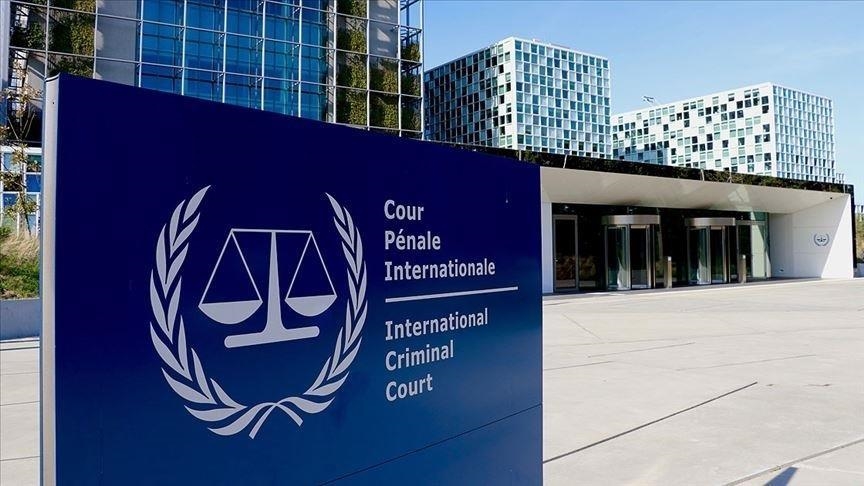
The International Criminal Court (ICC) is an intergovernmental organization that investigates and prosecutes individuals accused of committing war crimes, crimes against humanity and genocide. The ICC was created with the aim of ensuring international justice and ending impunity for the most serious crimes that affect the international community.. The Court's function is to prosecute those responsible for serious violations of human rights, who have not been prosecuted by the national authorities, or who have been judged inappropriately.
The ICC has jurisdiction over individuals and not states., and can judge any individual, regardless of your nationality, who has committed crimes within his jurisdiction. War crimes include acts committed during armed conflicts, such as killing civilians or destroying civilian property. Crimes against humanity include acts committed during conflict situations, such as the chase, torture or mass rape. Genocide is defined as acts committed with the intent to destroy, totally or partially, a national group, ethnic, racial or religious.
Since its creation in 2002, ICC has been responsible for important cases, including the trial of African political and military leaders accused of war crimes and crimes against humanity. ICC has also been working to protect victims of investigated crimes., guarantee the right to reparation and prevent the occurrence of future crimes. Besides that, ICC has worked to promote cooperation between States, in order to guarantee the execution of their sentences and the effectiveness of their investigations.
The International Criminal Court's role is to investigate and prosecute individuals accused of committing war crimes., crimes against humanity and genocide, ensuring international justice and ending impunity. ICC has been working to protect victims of investigated crimes, promote cooperation among States and prevent the occurrence of future crimes.
Anyone convicted by the International Criminal Court can face a variety of consequences., depending on the type of crime committed and the country you are in. In general, penalties include imprisonment and payment of fines. Besides that, the conviction can have a negative impact on the individual's reputation, affecting your professional career and your personal relationships. In some cases, the convict may be prevented from entering certain countries or have his property confiscated.
In one of the most recent cases, the CCI investigated the President of Russia for war crimes., considering the case of the deportation of children from Ukraine to Russia in 2022. However, the CCI does not have the power to arrest people, so that it depends on other countries to carry out the arrest and, in a second moment, extradition for the convicted person to serve the sentence.
Although the ICC movement is commendable and that any country should effectively investigate war crimes, there are other consequences that deserve attention and that are generally not covered in the media.
The most important is that this ends up making it even more difficult to approach the accused, in this case President Putin, with the international community. The restriction of their locomotion ends up also limiting the potential “neutral places” in which there could be negotiations for an end to the war..
In a broader sense, the problem appears when participation in other international forums is also limited.. Brazil is one of the signatories of the CCI, albeit partially as it only accepts the ICC's jurisdiction for genocide. Next year Brazil will hold the presidency of the G20 and should organize a meeting with its leaders. Russia is one of them, so President Putin should be invited. At this moment the uncertainty is set: Brazil should arrest President Putin and send him to trial? President Putin's participation will not take place or will be virtual?
The consequences of this limitation of participation end up slipping into the sensitive reduction of spaces for dialogue and, like this, building paths to peace. As I have defended at other times, more than isolating the rulers of a country with problems, the important thing is to bring it to the international system. In this case, as much as the CCI does an important job, you also need to consider the implications of your decisions.
